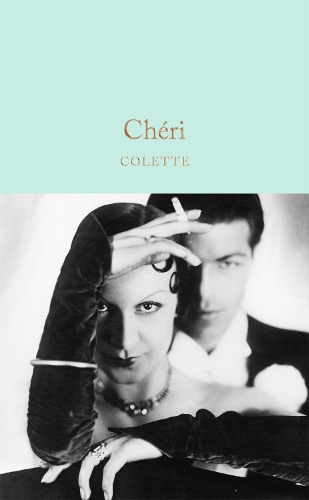
Chri
(Hardback)
Publishing Details
Chri
By (Author) Colette
Pan Macmillan
Macmillan Collector's Library
26th August 2025
29th May 2025
United Kingdom
Classifications
General
Fiction
Narrative theme: coming of age
Narrative theme: love / relationships
843.912
Physical Properties
Hardback
216
Width 101mm, Height 158mm, Spine 15mm
138g
Description
Set in Paris's demi-monde at the beginning of the twentieth century, Chri by Colette is a passionate story of devotion, misplaced desire and the passage of time. Chri is part of the Macmillan Collector's Library; a series of stunning, pocket-sized classics bound in real cloth with gold foiled edges and ribbon markers. These beautiful books make perfect gifts or a treat for any book lover. This edition is translated from French by Janet Flanner, who was an extraordinary writer and journalist. She was the Paris correspondent for The New Yorker for fifty years. Fred Peloux, affectionately nicknamed Chri, is handsome and spoilt. Until now he's lived a life of hedonistic luxury, and has been indulged in his every desire. He is newly married to the young and beautiful Edme, and according to early twentieth-century Parisian society, he has everything a man could dream of. But the only woman he can think about is his lover, La de Lonval, a beautiful, ageing courtesan who has stolen his heart. Full of wit, drama and intensity, Chri is a groundbreaking novel which grapples with radical ideas about sexuality and ageing. This Macmillan Collector's Library edition is introduced by acclaimed writer Paul Bailey.
Author Bio
Sidonie-Gabrielle Colette, known as Colette, was born in Burgundy in 1873. An outstanding stylist and penetrating observer, Colette's early works appeared under her first husband's pen name, 'Willy'. She claimed that she would never become a writer had it not been for his help. But her husband kept almost all the earnings from these successful early novels, leaving Colette in poverty and ill-health following an inevitable divorce. She supported herself in a variety of ways, including acting and miming, but most notably through journalism. She kept writing fiction, using her exceptional literary talents to tell painful stories that frequently centre on gender inequalities. She was a pioneer, and she wrote passionate autofiction about romance, queer love, sexuality and gender, writing prolifically until she died in 1954.
